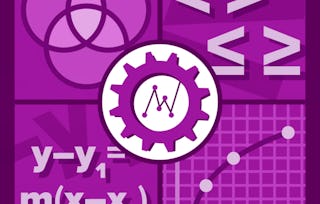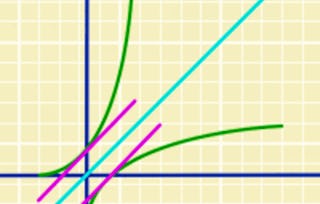Math and Logic
Explore math courses on Coursera to enhance your mathematical skills and understanding. Courses range from algebra to calculus, focusing on quantitative analysis, problem-solving and logical reasoning. Gain the math skills needed for your next career move.
9credentials
3online degrees
100courses
Most popular
 Status: PreviewPreviewS
Status: PreviewPreviewSStanford University
Course
 Status: PreviewPreviewD
Status: PreviewPreviewDDuke University
Course
 Status: PreviewPreviewT
Status: PreviewPreviewTThe University of Sydney
Course
 Status: PreviewPreviewS
Status: PreviewPreviewSStanford University
Course
Trending now
 Status: Free TrialFree TrialT
Status: Free TrialFree TrialTThe Hong Kong University of Science and Technology
Specialization
 Status: Free TrialFree TrialB
Status: Free TrialFree TrialBBoard Infinity
Specialization
 Status: Free TrialFree TrialJ
Status: Free TrialFree TrialJJohns Hopkins University
Specialization
 Status: PreviewPreviewD
Status: PreviewPreviewDDuke University
Course
¹ Median salary and job opening data are sourced from Lightcast™ Job Postings Report. Content Creator, Machine Learning Engineer and Salesforce Development Representative (1/1/2024 - 12/31/2024) All other job roles (7/1/2024 - 7/1/2025)